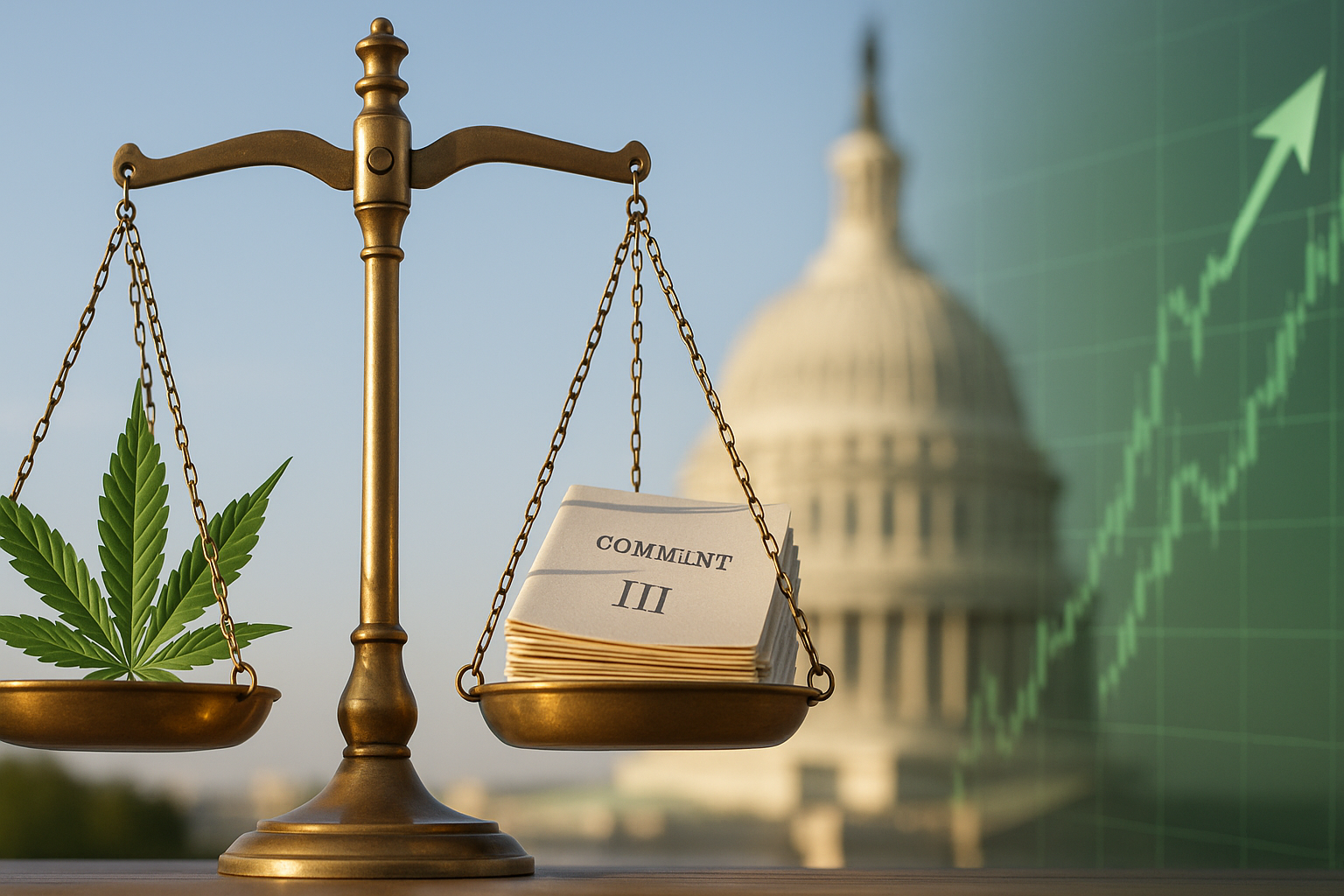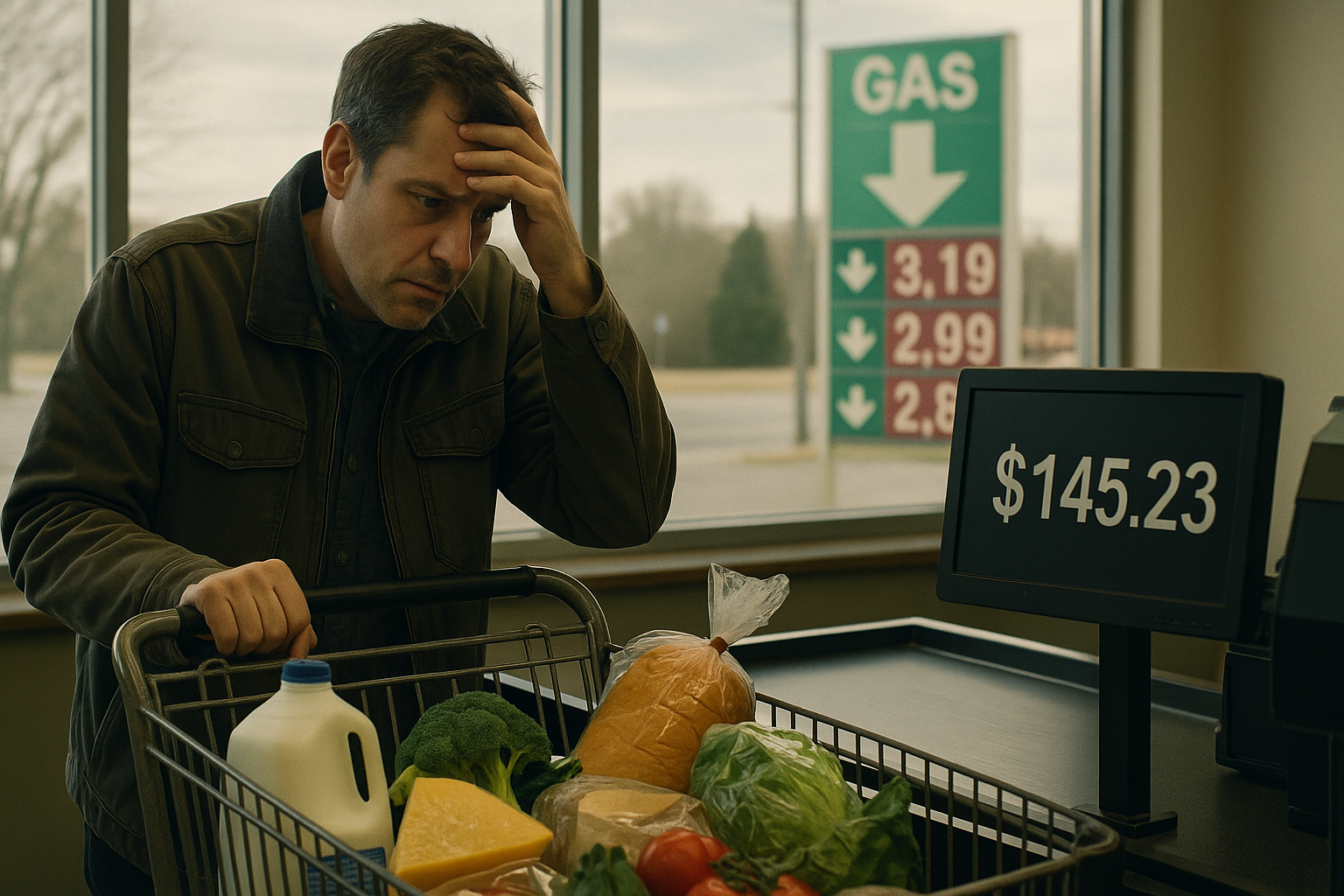The cannabis industry is experiencing what might be the plot twist of the decade. And boy, is it a doozy.
After watching pot stocks crater by more than 50% overnight following Trump's November victory, investors who fled what seemed like an obvious prohibitionist administration are now scratching their heads. Because here's the kicker—mounting evidence suggests Trump might actually finish what Biden merely started: rescheduling cannabis from Schedule I to Schedule III.
I've been tracking cannabis policy shifts since 2018, and I've never seen anything quite like this. The irony is almost too perfect.
Let's back up a minute. Cannabis currently sits alongside heroin as a Schedule I drug, officially declared to have "no currently accepted medical use"—a classification so scientifically absurd it would be comical if it hadn't destroyed countless lives through incarceration and squandered billions in economic opportunity. Schedule III would acknowledge what most Americans already know: the plant has legitimate medical applications while maintaining certain criminal penalties. A classic political compromise that, for once, actually makes practical sense.
The financial implications? Enormous.
Under current law, Section 280E of the tax code prevents cannabis companies from deducting ordinary business expenses. This creates effective tax rates that can exceed 70% (yes, you read that right). This single regulatory change would transform the economics of the entire sector overnight, potentially flipping money-losing operations into profitable enterprises without changing anything about their underlying business.
What's fascinating is the way this potential policy shift is unfolding. Rather than formal announcements, we're witnessing what appears to be a coordinated messaging campaign from MAGA-aligned influencers—a soft launch preparing the base.
When Gunther Eagleman (1.4M followers) and DC_Draino (2.2M followers) start posting nearly identical talking points about cannabis rescheduling as a "good compromise," you don't need to be a conspiracy theorist to connect the dots. This looks orchestrated.
And then there's Mike Tyson... yes, that Mike Tyson... who has emerged as an unlikely cannabis lobbyist, leveraging his 30+ year friendship with Trump to advocate for completing Biden's rescheduling process. Politics makes strange bedfellows, but finance makes even stranger ones.
The market has begun responding, though cautiously. The major US cannabis ETF, MSOS, has climbed about 43% since late June after double-bottoming around $2.00. But perspective matters—it's still down nearly 60% from pre-election levels.
That gap between current prices and where they traded before Trump's victory represents either a massive opportunity or a collective delusion. I'm inclined toward the former, but then again, I've watched this industry promise more than it delivers for years now.
For investors looking at specific companies, Green Thumb Industries (GTBIF) stands out. They've somehow managed the nearly impossible feat of achieving profitability despite operating with one regulatory arm tied behind their back. Trulieve (TCNNF) offers another interesting play with excellent margins, though their strategy of essentially tax protesting by not paying 280E carries higher risk (and potentially higher reward if things break right).
Look, the cannabis situation perfectly illustrates a broader truth about markets: they're absolutely terrible at pricing regulatory uncertainty, especially when it involves complex political calculations that cross partisan lines. The conventional wisdom about which administrations favor which policies often proves embarrassingly wrong.
What we're watching in real-time is essentially a masterclass in how policy signals get transmitted to markets. First come the trial balloons via friendly media figures, then modest price movements as sophisticated investors take positions, and eventually—if the signals prove accurate—a dramatic repricing when official announcements confirm what insiders have been hinting at for weeks.
For cannabis investors who've endured years of false starts and broken promises, skepticism isn't just warranted—it's essential. The industry has seen more "this time it's different" moments than I can count. But the coordinated nature of recent messaging suggests something substantive may actually be happening.
If rescheduling does materialize, it would represent one of those rare regulatory changes that fundamentally alters an industry's economics overnight. We're not talking about improved sentiment or marginally better conditions—this would be a step-change in the sector's ability to operate like normal businesses.
And the ultimate irony? That Trump, not Biden, would deliver this win—proving once again that in both markets and politics, the narrative and reality often occupy different universes entirely.
I wouldn't bet the farm on it happening. But for the first time in years, I'm watching with genuine interest rather than cynical detachment. Sometimes, the most profitable opportunities emerge from the most unexpected places.




